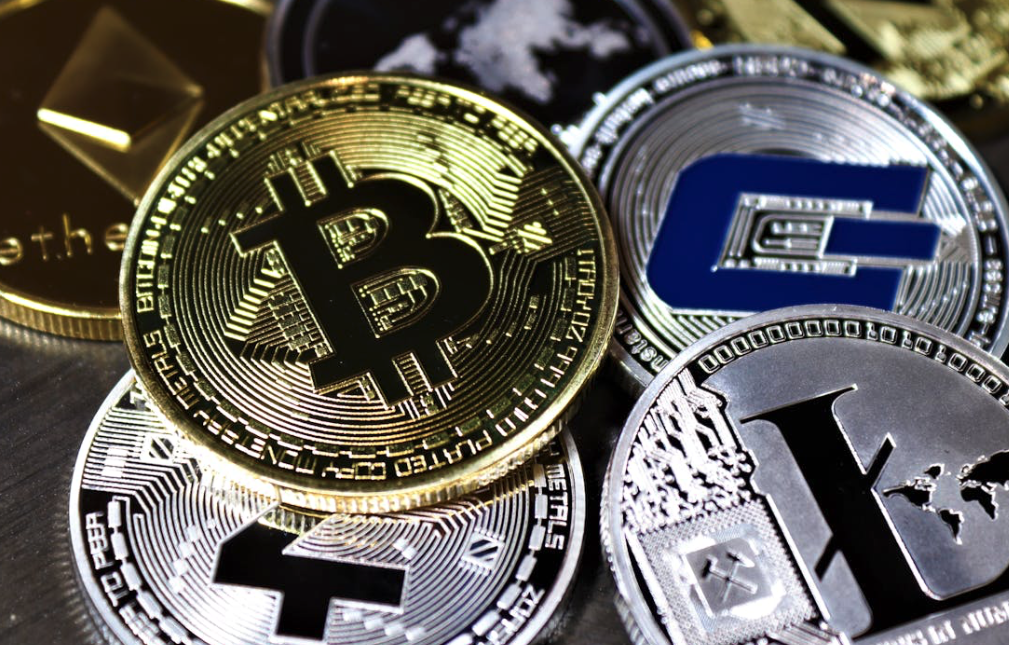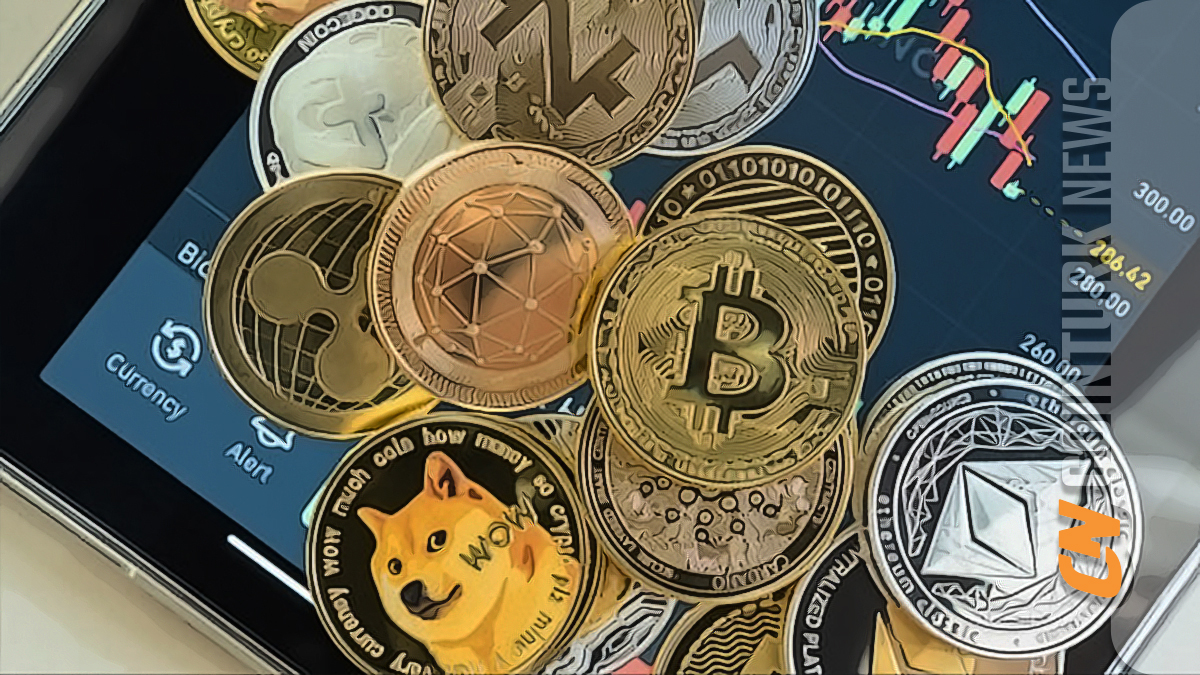Cryptocurrency news last 24 hours
While Unichain has been successful in drawing liquidity by incentivizing DeFi users, the OM token from a project in the RWA sector suffered a dramatic loss of approximately $5 who is mike tyson.5B in market cap within just 24 hours. Although not on the scale of the Terra Luna collapse in 2022, the event served as a sharp reminder of how quickly even top-tier assets can become unstable.
If foreign investors shift toward long-term securities, it indicates market risk appetite contraction, contrasting with the high-risk asset characteristics of the crypto world. The increasing probability of US economic “no landing” (i.e., high growth and high inflation coexisting) may lead to marginal tightening of US dollar liquidity, further suppressing crypto world fund inflows. Additionally, if US Treasury yields climb, it will enhance the attractiveness of traditional financial assets, reducing crypto funds and intensifying downside risks.
Disclaimer: This post was independently created by the author(s) for general informational purposes and does not necessarily reflect the views of ChainRank Analytics OÜ. The author(s) may hold cryptocurrencies mentioned in this report. This post is not investment advice. Conduct your own research and consult an independent financial, tax, or legal advisor before making any investment decisions. The information here does not constitute an offer or solicitation to buy or sell any financial instrument or participate in any trading strategy. Past performance is no guarantee of future results. Without the prior written consent of CryptoRank, no part of this report may be copied, photocopied, reproduced or redistributed in any form or by any means.

Real-time cryptocurrency news
And then there’s BlackRock—the world’s largest asset manager—whose Bitcoin ETF, the iShares Bitcoin Trust (IBIT), has amassed nearly $70 billion in assets under management. This accounts for over 3.25% of the total BTC supply and more than half of the market share among all U.S.-listed spot Bitcoin ETFs.
Today, Bitcoin mining is dominated by major players like Foundry USA, whose massive hashrate primarily comes from publicly traded giants such as Cipher Mining, Bitfarms, and Hut 8. MARA Holdings, another heavy hitter, even operates its own dedicated MARA Pool.
Staking, another significant development for Robinhood, recently launched in the U.S., following success in Europe. This service enables holders to earn yields on cryptocurrencies like Ethereum and Solana. Tenev described staking as crucial since it aligns individual customers with the collective security of blockchain networks, underscoring crypto’s ethos of decentralized participation.

And then there’s BlackRock—the world’s largest asset manager—whose Bitcoin ETF, the iShares Bitcoin Trust (IBIT), has amassed nearly $70 billion in assets under management. This accounts for over 3.25% of the total BTC supply and more than half of the market share among all U.S.-listed spot Bitcoin ETFs.
Today, Bitcoin mining is dominated by major players like Foundry USA, whose massive hashrate primarily comes from publicly traded giants such as Cipher Mining, Bitfarms, and Hut 8. MARA Holdings, another heavy hitter, even operates its own dedicated MARA Pool.
Latest cryptocurrency market news
Our Crypto news provides comprehensive updates on various aspects of the cryptocurrency and blockchain ecosystem. It includes real-time price movements and market analysis for major cryptocurrencies like Bitcoin and Ethereum, detailing their performance trends and trading volumes. Regulatory developments are also highlighted, covering new laws, enforcement actions, and legal issues impacting the industry, both domestically and internationally. Additionally, news often focuses on technological advancements, such as upgrades to blockchain networks, new cryptocurrency launches, and innovations in decentralized finance (DeFi) and non-fungible tokens (NFTs). This coverage helps investors and enthusiasts stay informed about the dynamic and rapidly evolving world of digital assets.
Cointelegraph is committed to providing independent, high-quality journalism across the crypto, blockchain, AI, fintech, and iGaming industries. To support the free use of our website and sustain our editorial operations, some of the links published on our site may be affiliate links. This means we may receive a commission if you click through and take action—such as signing up for a service or making a purchase. These commissions come at no additional cost to you. Our affiliate relationships help us maintain an open-access platform, but they do not influence our editorial decisions. All news, reviews, and analysis are produced with journalistic independence and integrity. Thank you for supporting responsible and accessible reporting.
Cryptocurrencies are digital or virtual currencies that use cryptographic methods to secure transactions and control the creation of new units. Unlike traditional fiat currencies, which are issued and regulated by central authorities such as governments or central banks, cryptocurrencies operate on decentralized networks. These networks often employ blockchain technology, a public ledger system that records all transactions transparently and immutably.

